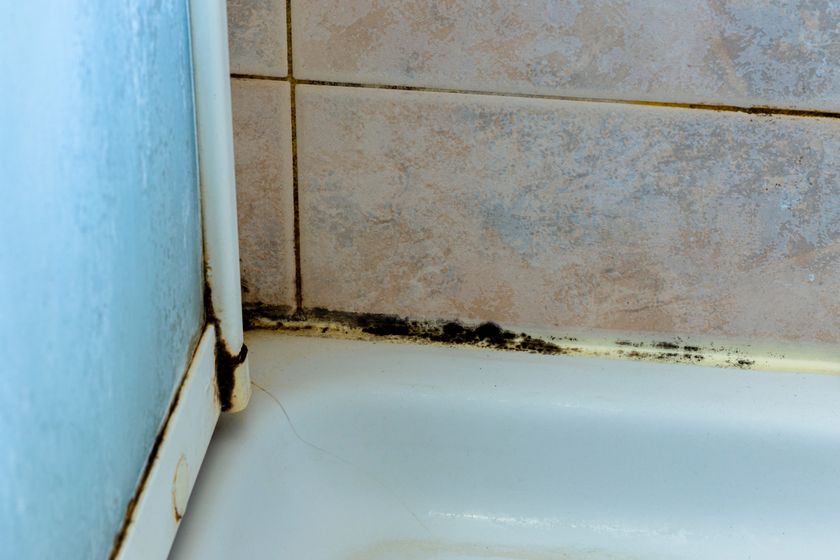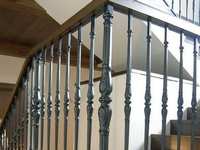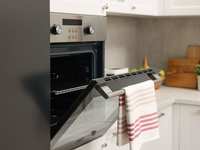- Categories :
- More
How to Prevent Mold and Mildew in Your Home

As most of us know, mold can be a serious issue in a household. But… How many of us know how to prevent mold in our home? Well, here is a few tips that will help you get started.
How to Prevent Mold
Mold and mildew in the home can spread quickly and have a negative affect on your family’s health. Mold spores can irritate the respiratory tract, eyes, skin and other areas of the body, leading to sinus congestion, respiratory problems, chronic headaches, migraine and other health issues. For young children, the elderly and those with existing respiratory conditions, such as asthma, mold can cause serious health problems. The key to preventing mold and mildew in the home is to reduce and control excess moisture levels.
Inspect Your Home
Check your home for issues that could lead to excess moisture, as mold thrives in damp and humid environments. Leaking pipes, dripping taps, damp basements and areas around washing machines, tumble dryers and dishwashers are common problems in the fight against mold. Cupboards, closets, drawers and small rooms that are poorly ventilated can also provide a perfect environment for mold growth, so it’s important to inspect your home thoroughly. In addition, mold can grow on carpets, rugs, clothing, books and even wallpaper.
Fix Potential Problems
Repairing broken guttering, damaged roof tiles, leaky pipes and dripping taps as soon as you notice the problem will reduce the risk of mold developing and help to prevent the spread of water damage. If structural problems with the walls, roof or floor of your property are causing damp or moisture to seep into your home, consider waterproofing the area or using other appropriate solutions.
Keep Your Home Dry and Ventilated
Bathrooms and kitchens are the main culprits for producing general household moisture. Mold thrives in bathrooms due to the steam and humidity produced when taking a bath or shower, but you can reduce moisture by ensuring adequate ventilation. Kitchens produce great amounts of moisture, particularly when steaming or boiling food, so remember to open a window when cooking. Dehumidifiers, air vents and oscillating fans can all help to reduce moisture and keep your home ventilated. In addition, try to open all of your windows for at least half an hour every day, as this will enable the air to circulate around your home.
Mold and mildew in the home can cause serious health problems, particularly for the elderly, young children and people with asthma. Reducing excess moisture in the home is the most important factor in the fight against mold and mildew. Identifying and fixing potential problems that could lead to excess moisture and keeping your home well ventilated will help to prevent mold growth.










